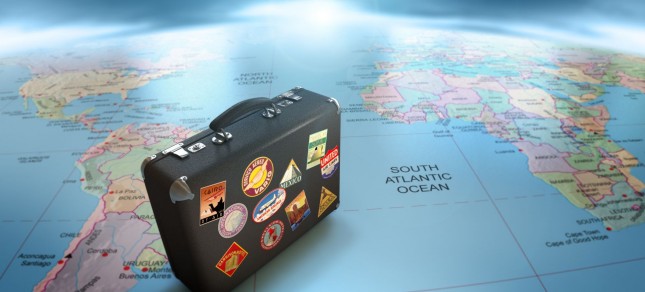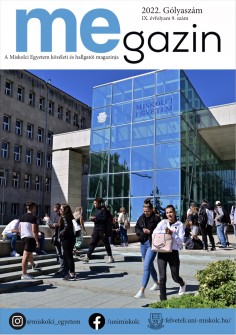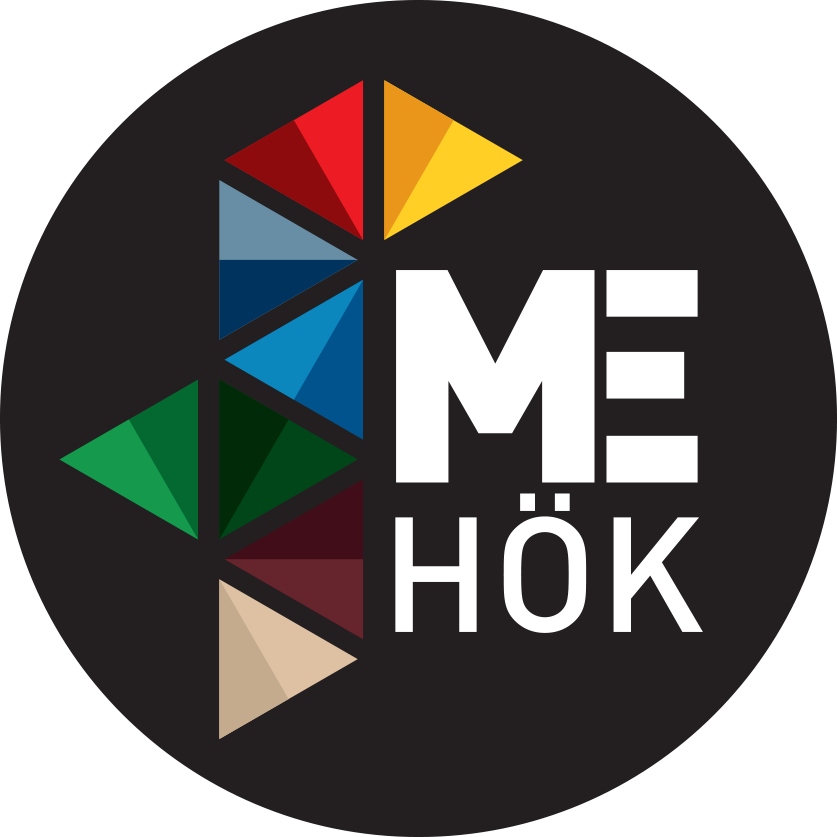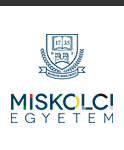People did travel to relax and get experience in the Classical World, in Egypt and in parts of the ancient world, but it was available only for the wealthy. A Greek could go to the Olympics, an Egyptian could visit the great pyramids of Giza, but travelling was the most important in Rome. The road structure and the infrastructure was developing quickly, and just like today, seaside resorts and thermal baths were among the favourite destinations. But with the decline of the Roman Empire, the roads disappeared, and travelling became much more difficult and uncomfortable.
In the Middle Ages, travelling usually went hand in hand with studying. Students from all over Europe travelled for a long time to be able to study at Oxford, Bologna or Sorbonne. This type of travel is still popular nowadays, just think of the wide range of student exchange or international scholarship programmes. Moreover, the trainee craftsmen of the Middle Ages left their homes to go journeying to learn new methods and perfect their skills. Exploring a new place has always meant that we learn something new.

From the 16th century onwards, when the children of the higher classes in Europe reached the border of adulthood, they went on so called grand tours which lasted for one or even several years. The purpose of these tours was to get to know new places, mostly great cities, cultural and historical sites, to learn the social etiquette, to earn new experiences and valuable acquaintances. But this type of travel was only available for the aristocrats, and the travelling youngsters hardly got in touch with the lower classes except for their employees. Later, more and more travels were organized with the sole aim of having fun and relaxation. Slowly the middle class started to imitate the travels of the aristocracy, so the higher classes had to find newer and more extravagant destinations for their travels. This is similar to how today we find ordinary hotels in popular travel spots, but extraordinary hotels are available in the most special places of the world, of course they require a large budget.

In the 19th and 20th centuries, with the spread of inventions like the steamship, the public railways, the automobile or the airplanes, travel became much more comfortable and much less time-consuming. The newer, more humanitarian work laws introduced payed time off work. More and more people had the opportunity to spend a few days in a nice place far away from their homes. New, budget-friendly options of travelling appeared like organised group travels.
The people of the 21st century have the opportunity to explore the wonders of the world, and they can choose from a great variety of options. Most of us in the developed world only need to surf on the Internet a couple of minutes to find a travel which suits our needs, desires and budgets.








